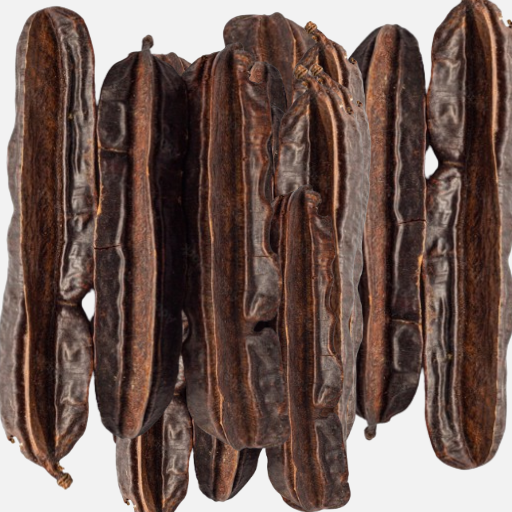Heard of Tetra Pleura? Explore it's Aromatic and Medicinal Marvel
What are the health Benefits of Tetra pleura?

Tetra Pleura is a seasoning and nutritive spice. Its sweet fragrance is valued and used to spice dishes, such as Banga soup and other soups called light soup because of its aroma. It also has various health benefits.
Tetrapleura, also known as Tetrapleura tetraptera or prekese, is a highly valued plant native to West Africa. Its distinctive, aromatic pods are used extensively in traditional African cooking, imparting a sweet, mildly pungent flavor to soups, stews, and broths. Beyond its culinary uses, Tetrapleura holds a significant place in traditional medicine, where it is believed to offer various health benefits, such as aiding in digestion, reducing inflammation, and boosting overall wellness. The plant’s multifaceted applications in both cuisine and natural remedies highlight its cultural and medicinal importance, making Tetrapleura a cherished ingredient in many African households.
Health Benefits Of Tetra Pleura
Tetra Pleura Possesses Analgesic properties, antiviral properties and Wound healing properties. It can Manage Convulsion, Controls diabetes, Serves as mosquito repellent, is essential for post postpartum care, can be used to cure Gastrointestinal disorders, is high in nutritional value, is good for heart health and treatment of Cardiovascular system. Tetra Plerua can Boost immune system, Aids in the management of diabetes, Lowers inflammation, Reduces hypertension, Prevents cancer, is a treatment of malaria, and can lower blood cholesterol
Brief History Of Tetra Pleura
Ancient Origins
Tetrapleura tetraptera, commonly known as prekese in Ghana, owes its name and widespread recognition to the West African region, particularly Ghana, Nigeria, and surrounding countries. This plant has been revered for centuries for its multifaceted uses in both culinary and medicinal practices.
Traditional Uses
In ancient West African societies, Tetrapleura tetraptera was not only a vital culinary ingredient but also a cornerstone of traditional medicine. Healers and herbalists utilized the pods, bark, and leaves of the plant to treat a variety of ailments. The aromatic pods were particularly valued for their ability to aid digestion, reduce fever, and alleviate pain. Women used it in postpartum care to help restore the uterus and enhance overall recovery.
Cultural Significance
The cultural importance of Tetrapleura tetraptera extends beyond its practical uses. In many West African communities, it is associated with spiritual and ceremonial practices. The pods are often used in rituals and as protective charms against evil spirits. Their inclusion in traditional rites underscores the deep-rooted belief in the plant’s mystical and healing powers.
Colonial Era and Beyond
During the colonial era, European explorers and botanists took note of the plant’s extensive uses and unique properties. While it did not become a major export like some other African spices and medicinal plants, its reputation spread, and it began to be studied more systematically by scientists interested in its pharmacological potential.
Modern Applications
In recent decades, there has been a renewed interest in Tetrapleura tetraptera, driven by both scientific research and a growing global appreciation for traditional African remedies. Studies have begun to validate some of the plant’s traditional uses, particularly its antimicrobial, anti-inflammatory, and antioxidant properties. This has led to its incorporation into modern health and wellness products, including supplements and herbal remedies.
Contemporary Usage
Today, Tetrapleura tetraptera remains a cherished ingredient in West African cuisine, particularly in Ghana and Nigeria, where it is used to flavor soups, stews, and beverages. Its unique taste and health benefits have also garnered international attention, leading to its use in gourmet cooking and holistic health practices around the world.
From its ancient roots in traditional African medicine to its modern-day applications in global cuisine and health, Tetrapleura tetraptera’s history is a testament to its enduring value and versatility. Its journey through time highlights the deep cultural and medicinal knowledge of West African societies and underscores the plant’s continued relevance in contemporary life.
REFERENCES